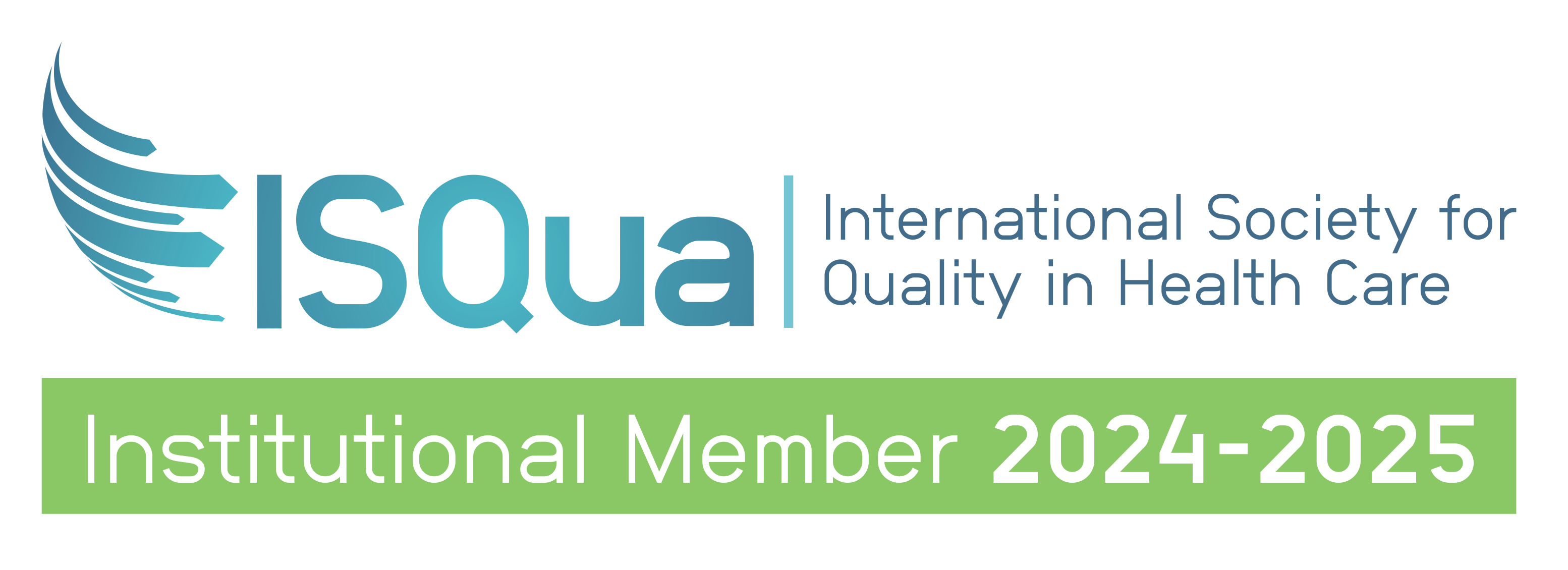
How quality improvement transforms performance and patient outcomes
From cost reductions to improved patient satisfaction, East London NHS Foundation sets an inspiring example for healthcare organisations globally.
Understanding and applying Quality Improvement (QI) Science is crucial for problem solving in healthcare. Below we summarise key points from our well-received Member Masterclass featuring Chief Quality Officer, Dr Amar Shah and ACHS Improvement Academy Director, Prof Bernie Harrison.
Dr Amar Shah shared his experience of leading the introduction of a quality improvement framework across the East London NHS Foundation Trust (ELFT) over 10 years. Within the first few years of implementing a framework for improvement, ELFT observed substantial benefits to performance and patient outcomes.
Dr Shah explains that by applying QI principles and methodologies to problem solving, healthcare professionals can effectively identity and address problems, leading to enhanced patient care and organisational performance.
“Even a couple of years into this work we were able to start demonstrating improvements in the big complex issues that we were facing as an organisation.”
“Physical violence was our most reported safety incident, and we started addressing this problem in our busiest acute wards with the most levels of violence. We allowed the team to experiment and to think about what they could do differently.”
“Then we systematically scaled our strategy across all of our wards in the organisation over the course of four years and were able to reduce our incidence of physical violence by about 30 percent across the organisation.”
Process optimisation is one of the key benefits of QI. At ELFT, the team had remarkably reduced patient waiting times without hiring additional staff.
“Before quality improvement, if we said to our teams that we would like you to see more people and we would like to see them faster; staff would just have said straight away that we can't do that without more people.”
“By simply understanding how to create more capacity within the same resource have led to improvements in waiting times.”
“Our teams managed to find ways to engage better with their patients, so the non-attendance reduced substantially.”
For ELFT, the benefits of QI implementation extended beyond operational improvements to having profound impacts on staff job satisfaction.
“People starting to feel like they're not just passive workers within a system that they just can't control, but rather that they could actually influence processes and outcomes.”
“It's not a surprise then that this leads to staff feeling more empowered and more engaged at work.”
The ELFT today makes a strong business case for the competitive benefits of quality improvement in a healthcare organisation.
“We were able to demonstrate that a lot of the work we've been doing led to us avoiding costs.”
“In our case, if you can avoid physical violence in our inpatient units you avoid all of the costs of having to manage those incidents.”
“We started to become recognised as a provider that was focused on quality and we managed to increase the revenue of the organisation.”
We are glad to be able to reflect on these learnings from Dr Amar Shah and hope that these insights on quality improvement inform and inspire healthcare organisations around Australia.
Members can watch the full recording as well as other exclusive Masterclass recordings on the e-learning Platform.
Simply register and access these insightful discussions about the hot topics in healthcare.

